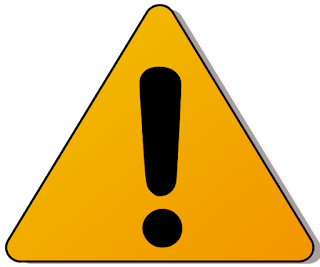For the past eight years, Gail Jacky, Director of the University Writing Center at NIU, has had a summertime mission: getting dissertation writers to finish their dissertations! In June, July, and August, Gail runs what she calls Dissertation Boot Camps. Writers hole up in the Writing Center's isolated basement, and do nothing but write and snack. (And maybe talk a little.) The program's alumni are proof that this "retreat" method of retiring from the world for a few days is a proven winner for getting dissertation work done.
You may be wondering, "Why can't I just lock myself in my own basement for a week?" Well I'll tell you why, curious reader! I did the Boot Camp lite version last week (2-day camp versus 5-day camp) and here are the perqs of doing this with Gail in the UWC:
1) Healthy snacks, water, and coffee/tea are provided. No getting up to make food or brew a pot.
2) You work alongside other dissertation writers who are similarly focused and unfocused. You will all need to hole up, but you will all also need to take breaks. You can do so together if you like.
 |
| Jack London writing outside. Idyllic! But not practical. |
4) Assistance is all around you. Gail and her team are ready and willing to read parts of your dissertation with you, during the camp. You will get the same attention they give their appointments, and quality tutoring and critiques for your writing. They can work with writers at any stage, from "Is this a bad idea to put this chapter here?" to "I'm almost done please check my citations!"
5) Most importantly, no matter what the UWC has or doesn't have to offer, it has this: IT'S NOT YOUR HOUSE. We all need to get out of our own spaces at times, or we get stuck in a rut. This is a chance to jump start your writing in a new place, a place where you don't have to answer the phone or worry about the dishes in the sink (there aren't any).
So don't lock yourself in your basement just yet! And don't go sit on a mountain top. There aren't any good snacks there.
As for me, I did not get a ton done in those two days, but my colleagues clacked away merrily all day. If I went again, I could make a better go of it, I think. I was delving back into my diss after a summer hiatus. What I did take away was a renewed understanding of what the heck I was writing, an organized to-do list for the rest of the summer, and about four new pages of material. That's not a lot of writing, but the executive function work I was able to do by being out of my house will lay the path for a lot more writing. I can see where I'm going now! I needed to temporarily remove my kids and my dirty floors from the view to be able to see the big picture.
So I highly recommend the camps to anyone who can swing it, at any stage of writing the dissertation or even the prospectus. But there are a couple things I would change:
 |
| Actual photo of me in the cold writing center |
2) The UWC is COLD!!! If you are one who starts wearing flip-flops on March 21, you will be very happy. If you are like me, and wish you lived in balmy Palm Springs or the like, you will be very cold. For myself and the older woman I sat with, we got very sluggish in the afternoons as 12 floors of cooled air sank its way further down into the basement of Stevenson Tower B. The camp could use a better location... but the cave-like nature of where the UWC sits now is probably an asset too.
Next week I am leaving for a writing retreat in the Catskills Mountains. I hope it'll be warm!







